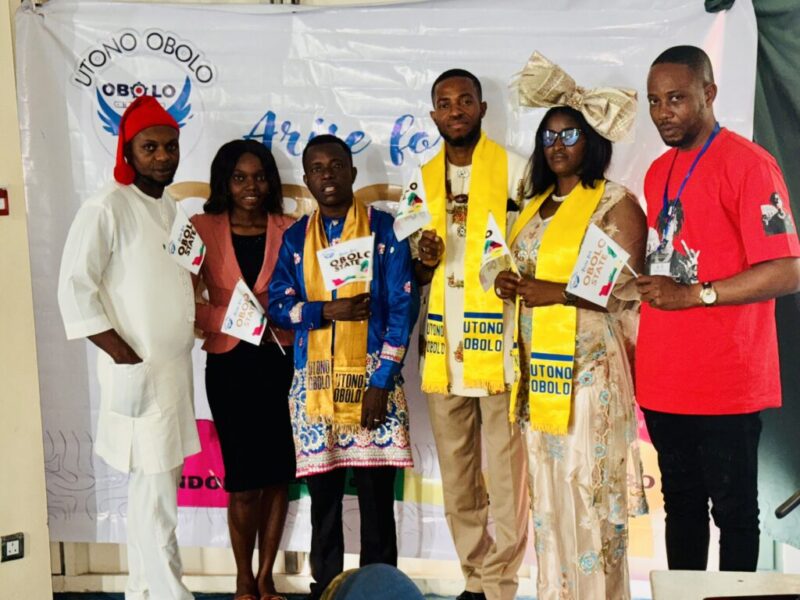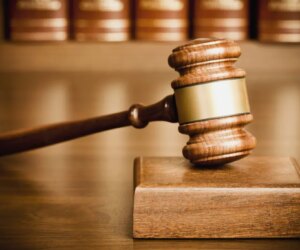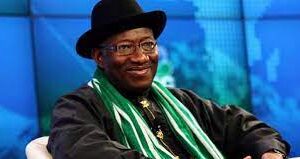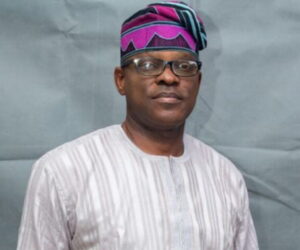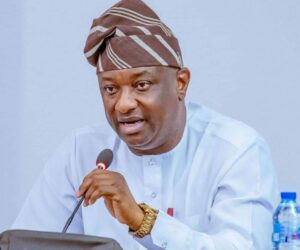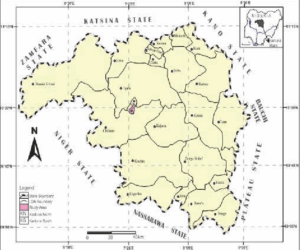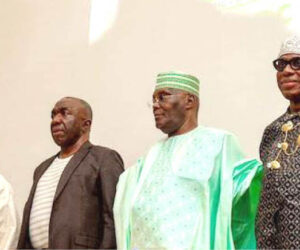By Ikenna Osuoha
The Utono Ubolo Worldwide, the apex socio-cultural and pro-development organisation of the Obolo people, has renewed calls for the creation of Obolo State and additional local government areas.
The group said the demand was to address what it termed long-standing marginalisation.
Dr Awaji-Romsan Dressman, Administrator General of the organisation and pioneer leader of the Obolo State Creation Movement, made the appeal at the sidelines of the National Public Hearing on the 1999 Constitution Review in Abuja on Monday.
He was represented by the Director of Administration, Mr Isijaan Nkanta.
Dressman said the group had earlier presented its demands at zonal hearings held in Ikot Ekpene and Calabar, and was using the national session to reinforce its case.
According to him, the Obolo people, spread across Rivers, Akwa Ibom and other parts of Nigeria and the diaspora, are also seeking six additional LGAs in both Rivers and Akwa Ibom to enhance representation and grassroots governance.
Beyond LGAs, he said their foremost demand remained the creation of Obolo State, listed among the 31 new states profiled by the National Assembly, four of which are proposed for the South-South.
He argued that Obolo State was one of the most viable based on oil deposits, aquatic resources, seaports and tourism potential.
“About 90 per cent of the oil in Akwa Ibom lies in Obolo territory, while part of Rivers’ production also comes from Obolo land.
“Beyond oil, we have the largest fishing settlement in West Africa, a deep seaport, and the Andoni forest with elephants and other wildlife that can serve as a major tourist attraction,” he said.
Dr Nicholas Itam, International Chapter Coordinator, said the proposed state would complement the Federal Government’s Lagos–Calabar coastal road by unlocking the economic potential of coastal communities.
“If Obolo State is created, it will not only boost oil revenue but also diversify the economy through fisheries, port development and tourism. The opportunities are enormous,” he added.
The group cited political marginalisation, recalling that Akwa Ibom was created on a tripod power-sharing arrangement among the Ibibio, Annang and Oron (Obolo) blocs.
Itam lamented that the governorship had never rotated to the Oron/Obolo bloc.
He further highlighted disputes over ownership of oil-rich communities such as Mobil’s operational base, saying the Obolo had been denied access to their resources.
The coordinator argued that the Ijaw, Nigeria’s fourth largest ethnic group after Hausa/Fulani, Yoruba and Igbo, deserved more than one homogeneous state.
He noted that Bayelsa was currently the only Ijaw-dominated state, despite their presence in nine states.
“Creating Obolo State will give the Ijaw nation a second homogeneous state and correct the disadvantage we face. We cannot continue to be treated as minorities in the states where we live,” he said.
He assured neighbouring communities that the new state would not diminish their interests, but instead expand opportunities through additional constituencies, three senatorial districts and increased federal representation.
“This is a win-win arrangement. The more states and LGAs created, the more development spreads to the grassroots.
“Our appeal is for every stakeholder to support this just and viable demand,” he added.
The group urged the 10th National Assembly to adopt the creation of Obolo State and the additional LGAs as part of the ongoing constitution review, saying the demands were feasible and in the national interest.
The News Agency of Nigeria reports that the event also featured the inauguration of the Utono Ubolo Abuja chapter, with Mr Atausen Felix as Chairman and Ms Ruth Akpakip as Vice Chairman, Mrs Bege Ugbanawaji as Women Coordinator among others.
NAN also reports that the hearing provided a platform for citizens, civil society, professional bodies, political parties, traditional rulers and other groups to present their views on the constitution review.
The proposals will be debated in plenary by both chambers in the coming weeks before transmission to state assemblies for concurrence.
Representatives of women groups, youth, media, security agencies and other stakeholders were in attendance. (NAN)
Edited by Tosin Kolade
Published By
- Agriculture and Environment Desk Controller/Website Content Manager.

